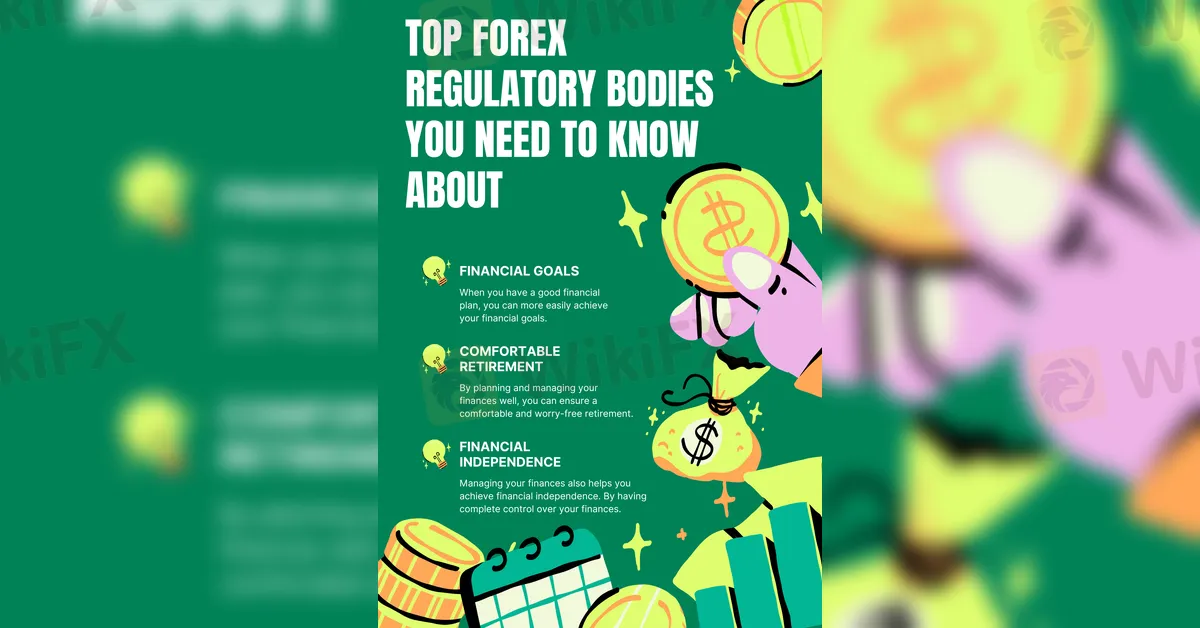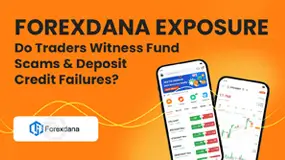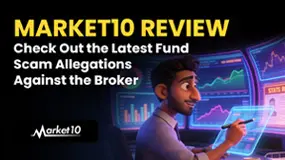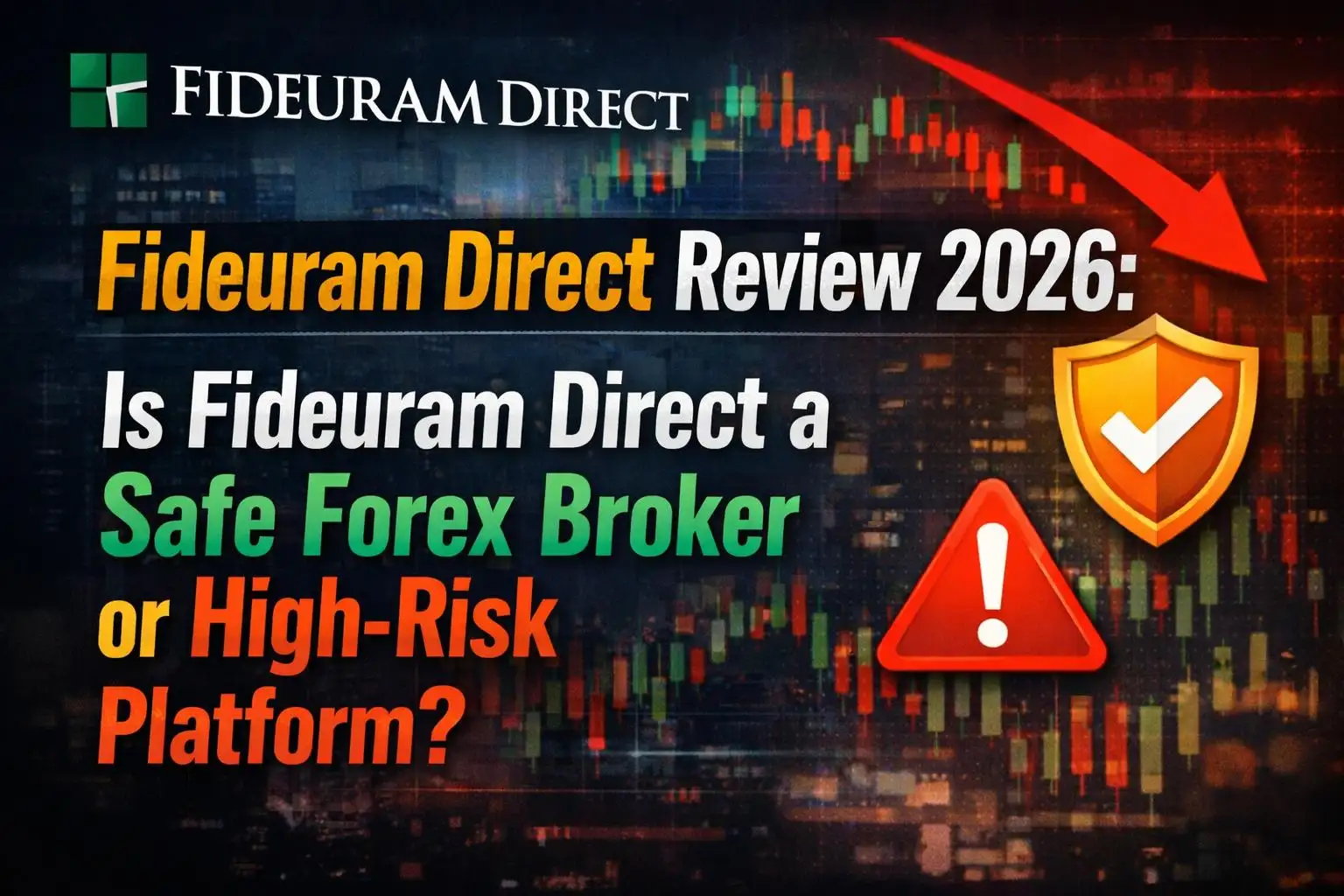Abstract:Regulation is crucial while trading to protect your funds. Forex regulation exists to supervise brokers and ensure they comply with strict financial standards. Forex regulatory bodies help traders choose reputable brokers and avoid scams. In this article, we will let you know about the top Forex regulatory bodies worldwide to help protect you from any kind of fraud.

Regulation is crucial while trading to protect your funds. Forex regulation exists to supervise brokers and ensure they comply with strict financial standards. Forex regulatory bodies help traders choose reputable brokers and avoid scams. In this article, we will let you know about the top Forex regulatory bodies worldwide to help protect you from any kind of fraud.
1. What Does 'Forex Regulator' Mean?
A forex regulator typically oversees the licensing of brokers, monitors trading activities, enforces compliance, and protects investor funds. The regulatory standards vary by country, but top forex regulators are usually well-known for their strict enforcement and consumer protection policies.
2. What Is the Role of Forex Regulators?
Forex Marlet or Trading is regulated by government or independent financial authorities around the world. These regulators set rules to maintain transparency, prevent fraud, and ensure brokers act in the best interest of their clients.
3. Top Forex Regulatory Bodies
a. Top Tier 1 Regulators
Tier 1 regulators are the most trusted and reputable authorities in the forex industry. They enforce the highest standards and offer strong protection for traders. Here are some of the top forex regulatory bodies considered Tier 1:
• FCA (Financial Conduct Authority – UK): One of the most respected forex regulators globally. It ensures transparency, client fund segregation, and fair practices.
• ASIC (Australian Securities and Investments Commission – Australia): Known for its strict oversight and robust regulatory framework.
• NFA (National Futures Association – USA): Works under the CFTC and is responsible for regulating forex and futures markets in the United States.
• CySEC (Cyprus Securities and Exchange Commission – Cyprus): While technically in the EU, CySEC has become known for applying MiFID regulations and protecting client interests.
Brokers licensed under these Tier 1 regulators must meet stringent requirements, including capital adequacy, regular audits, and operational transparency.
b. Top Tier 2 Regulators
Tier 2 regulators are reputable but may have slightly less stringent requirements than Tier 1 bodies. However, they still provide a fair level of protection for traders and are widely accepted in the industry. Some examples include:
• FSCA (Financial Sector Conduct Authority – South Africa)
• FSC (Financial Services Commission – Mauritius)
• FSA (Financial Services Authority – Seychelles)
While these regulators are legitimate, traders should always do extra due diligence when dealing with brokers only regulated by Tier 2 authorities.
C. Offshore Regulation
In the world of finance and online trading, offshore regulation is a term that comes up frequently especially when dealing with international brokers.
Offshore Regulation Meaning
So, what exactly does offshore regulation mean? In simple terms, it refers to the regulatory oversight provided by financial authorities located outside the major financial hubs such as the U.S., UK, or EU countries. These offshore jurisdictions often have their own financial regulatory bodies that issue licenses and oversee companies operating within their regions.
Common offshore regulators include:
• FSA (Seychelles)
• FSC (Mauritius)
• VFSC (Vanuatu)
• IFSC (Belize)
Conclusion
In the complex world of forex, regulation is your first line of defense. By choosing brokers regulated by the top forex regulators, you greatly reduce your risk and increase the chances of a secure trading experience. Understanding who regulates forex trading is essential for every trader, whether beginner or experienced.








